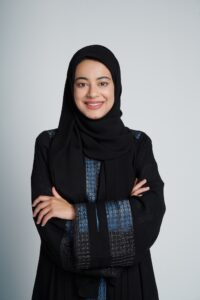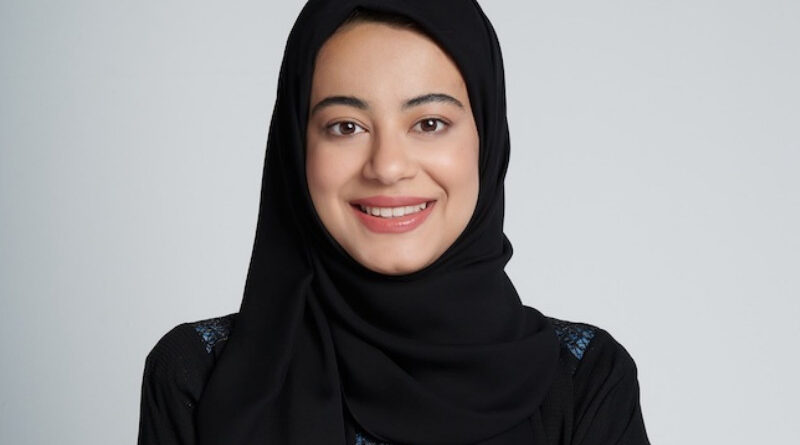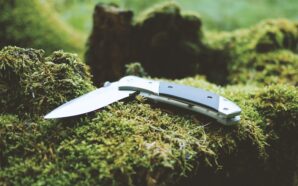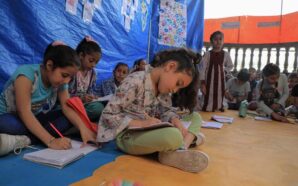Tell us about yourself and what inspired you to pursue your field of expertise?
My name is Hessa Alfalahi, an Emirati Ph.D. candidate in the Biomedical Engineering department of Khalifa University. Since my childhood, I have been passionate about physical, computer and biological sciences. This passion and dedication to science, that was instilled in me by my parents, my teachers and eventually my great mentors in my University have driven me to follow the path of scientific research. I know work on developing new signal processing algorithms and artificial intelligence/deep learning algorithms to detect neuropsychiatric diseases in-the-wild using remotely collected digital data from smartphones, that contain early behavioral cues reflective of early neuroperturbation.
Can you take us through your research and what challenge you hope to achieve?

Hessa Ali Alfalahi
I am more than honored that my research on the early detection of depression and Parkinson’s disease using novel deep learning methods has received the L’Oréal-UNESCO for women in science grant. In this endeavor, I aim to develop a platform for detecting neuropsychiatric diseases such as depression and Parkinson’s disease using smartphone data collected in-the-wild. I am genuinely very hopeful, that by representing data from middle-east ethnicity groups, collected in the UAE, we will be able to design an unobtrusive diagnosis platform of neuropsychiatric diseases that have a significant negative impact on patients’ quality of life and we will also overcome the social stigma associated with being diagnosed with disorders affecting brain function, reflecting mainly on emotional and cognitive aspects of patients’ function.
How has it been navigating such a male-dominated field, what are the challenges you faced?
One of the main challenges related to my research is the collection of sufficient data. Given that our focus is to capture the kinetics of finger movement during typing on smartphone keyboards, we are faced by problems associated with users’ trust that we were able to overcome by explicitly stating the ethical aspects followed during data collection. Another challenge is the development of robust and new signal processing and deep learning methods in the highly fertile area of digital medicine.
If you could give the next generation of female scientists one piece of advice, what would it be?
I would like deliver my vision to the next generation of young great-minded women about the importance of undertaking an active role in the scientific development in the Middle East and the UAE. This is key for the development of our nation. I am very faithful that we have the capability to reach globally recognized scientific discoveries, which is already reflected now by the Middle East affiliated publications and patents we come across in the literature.
How can we encourage more women and girls in STEM fields?
I am very grateful for the support provided by my country, the UAE, for women researchers at all levels. Our leadership provides a bright example for women empowerment in all the disciplines that is manifested by the important roles of Emirati women in the development of our nation. I dedicate the recognition I am receiving today by the L’Orèal-UNESCO For Women In Science (FWIS) Middle East 2022 to my country, the UAE, to Khalifa University, and to my family, for their unwavering and continuous support that helped me flourish as a young Emirati research.











